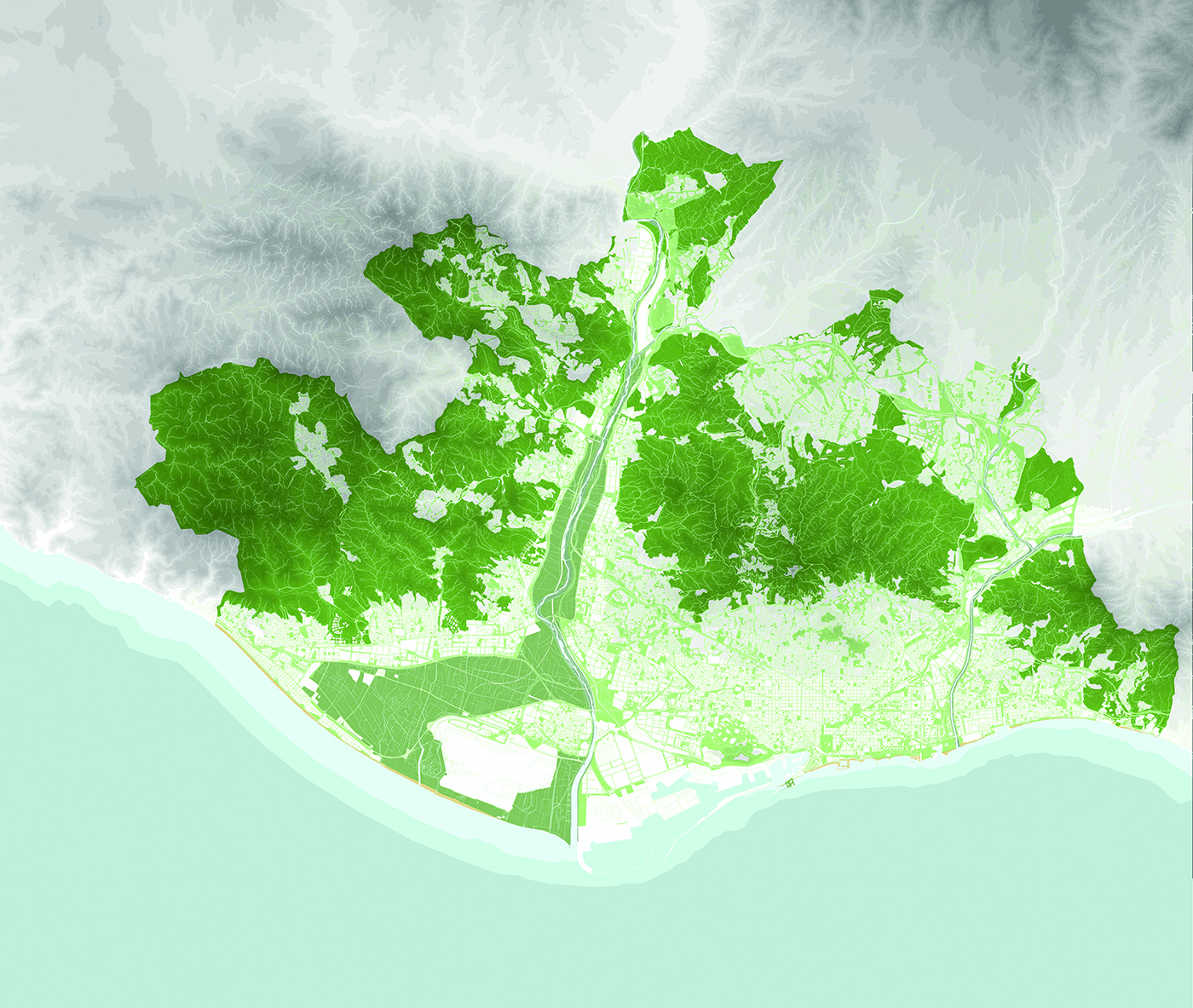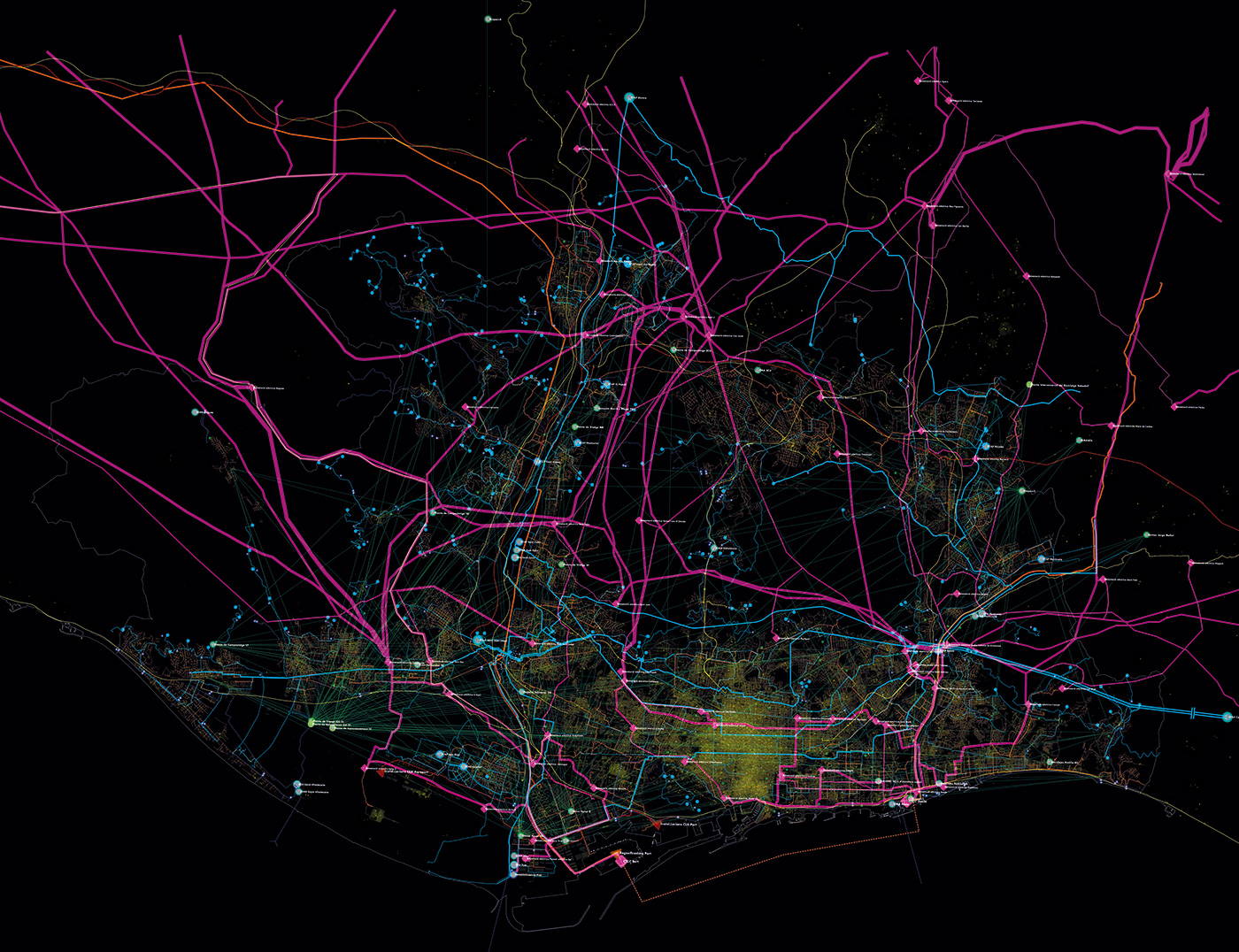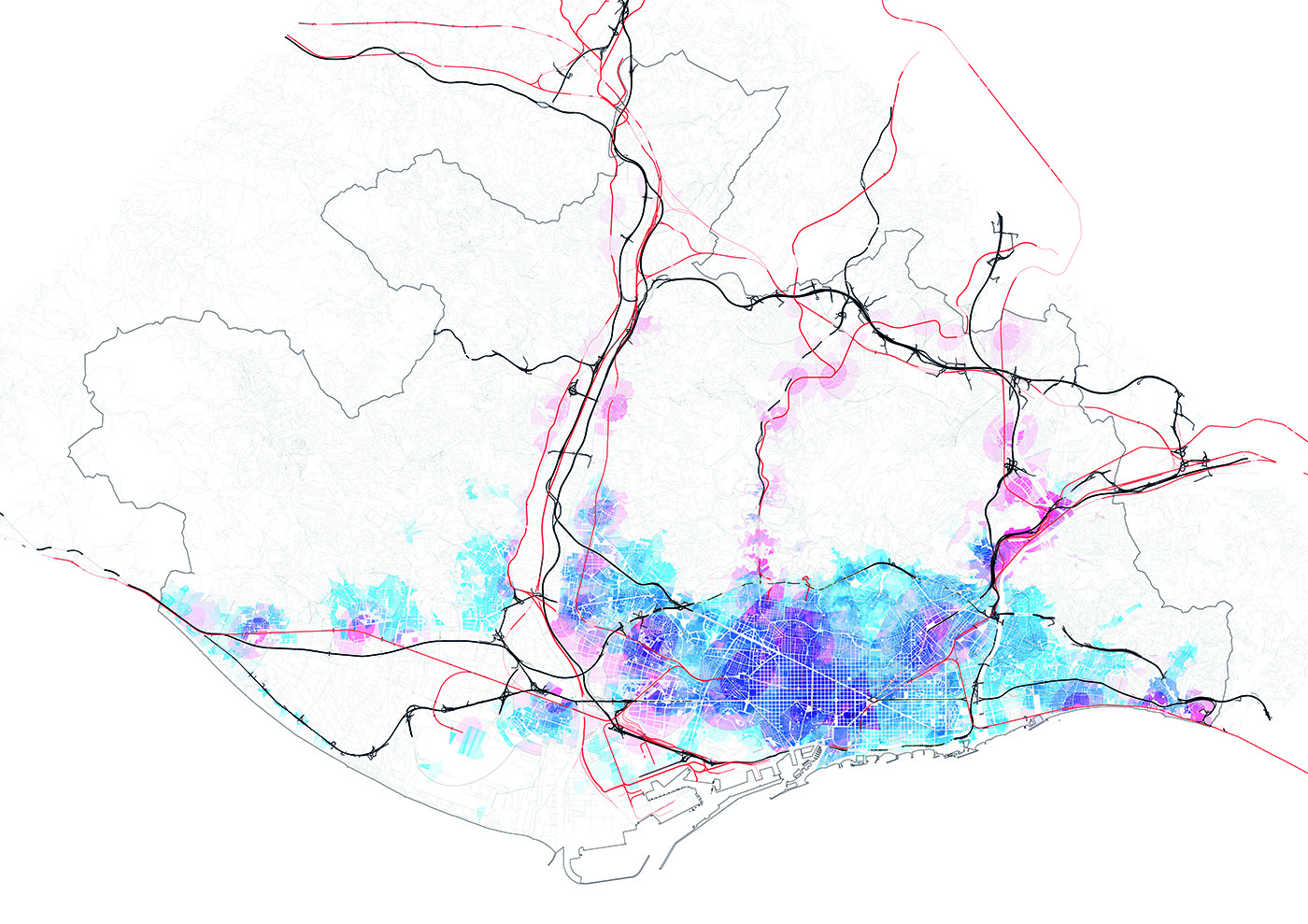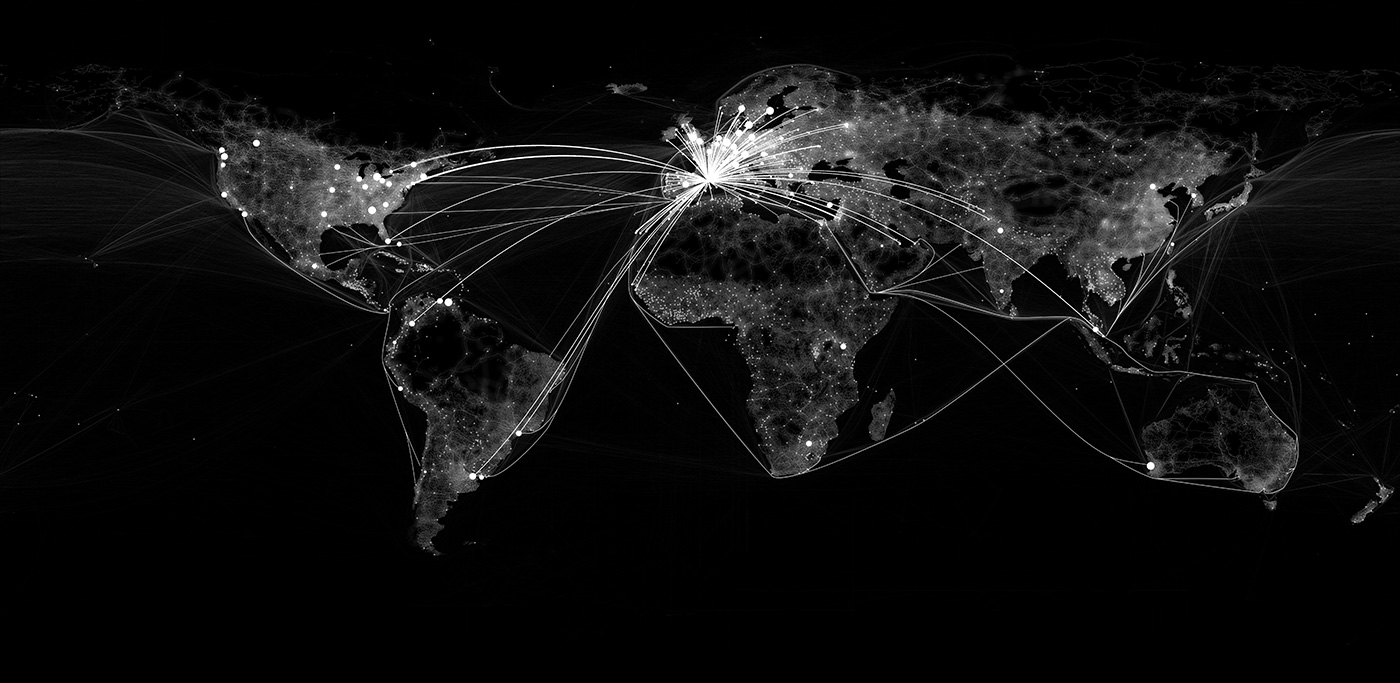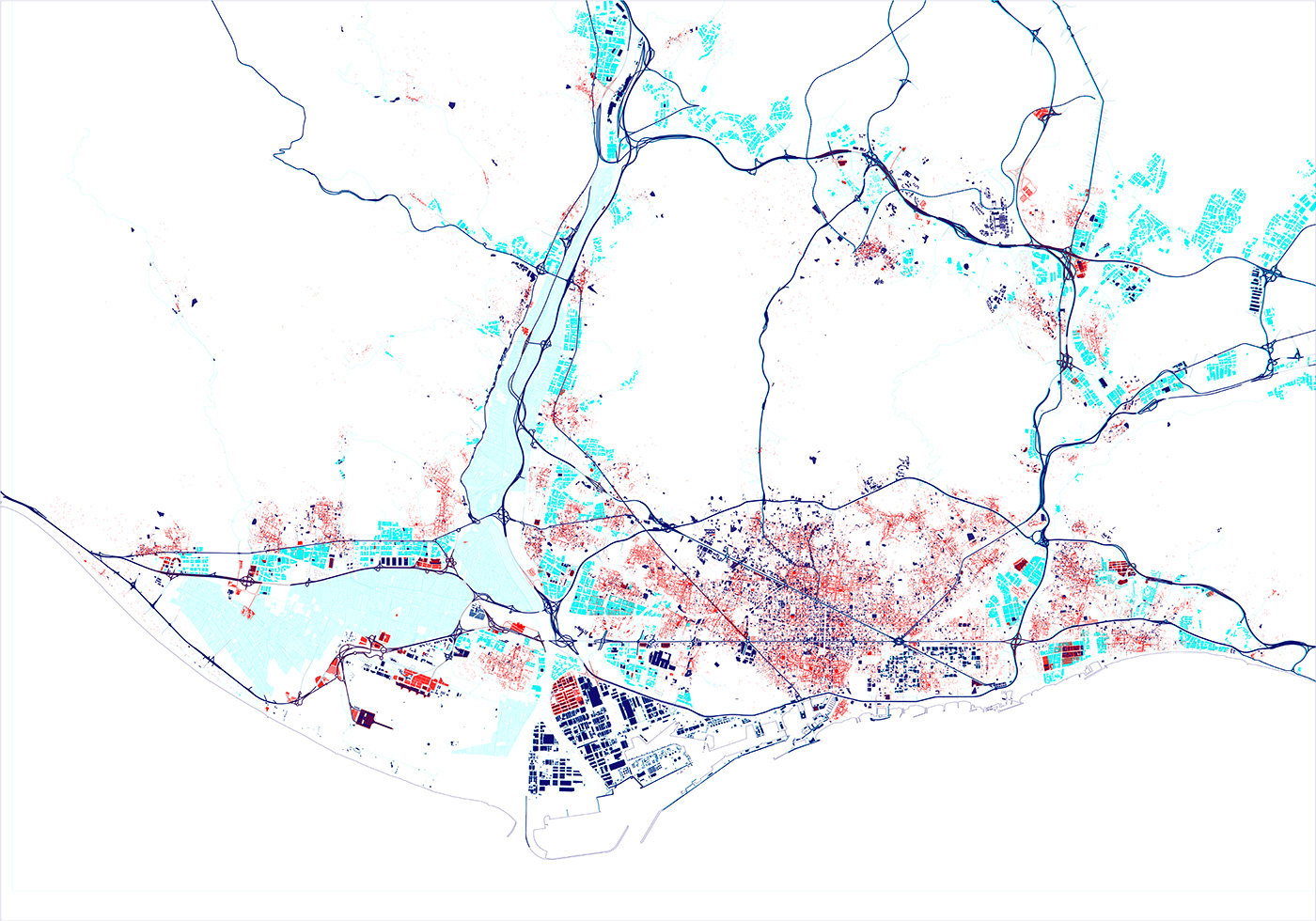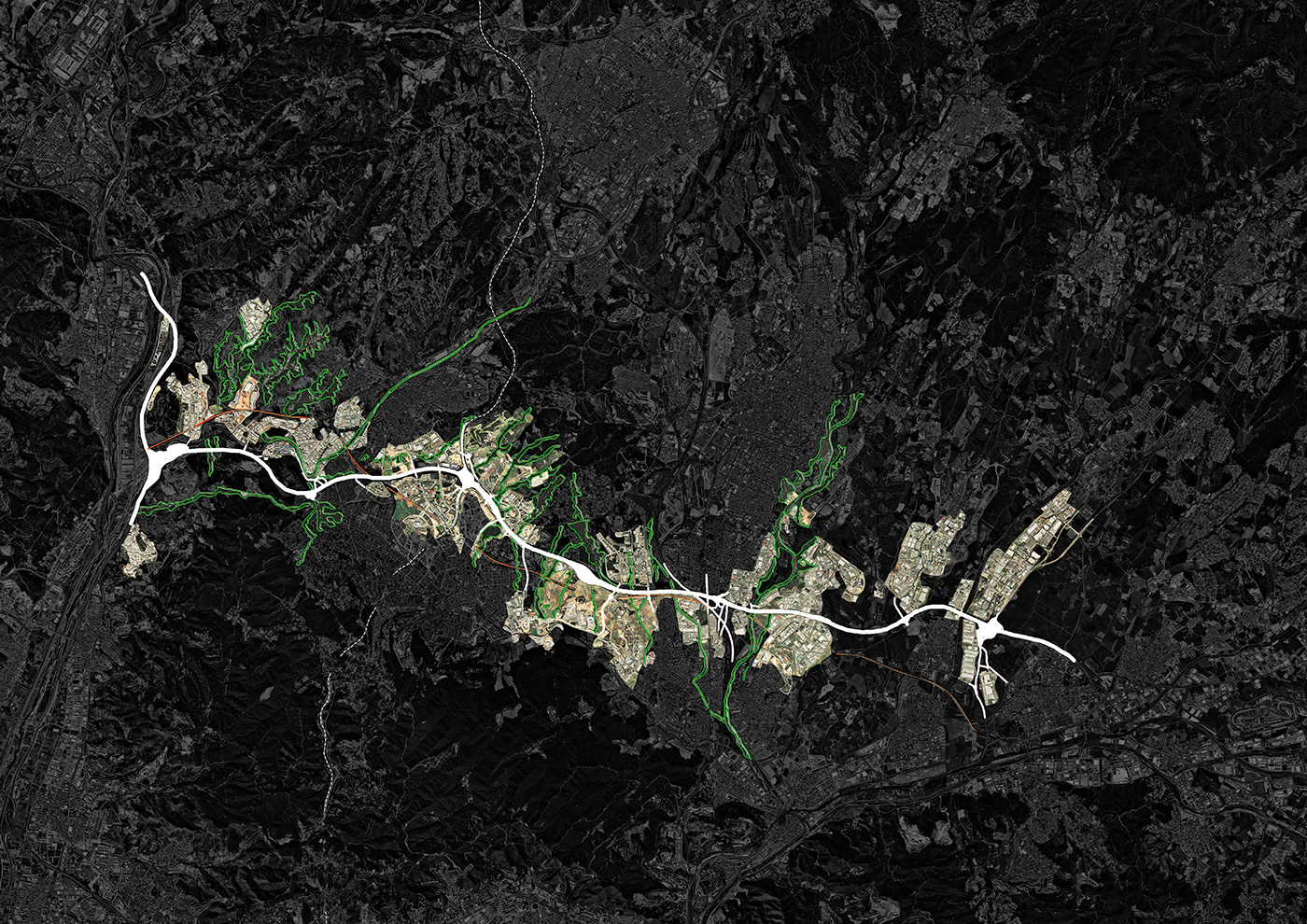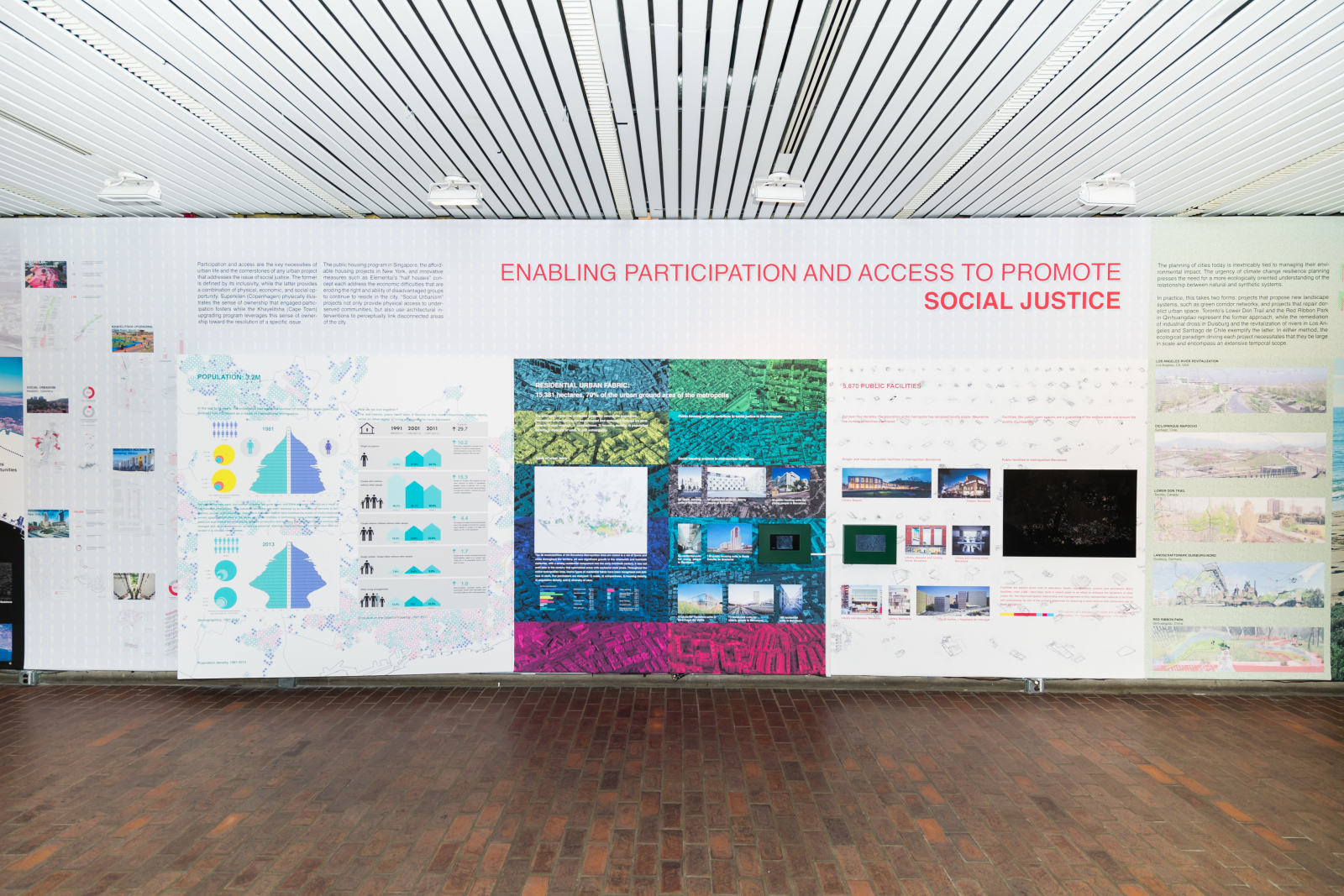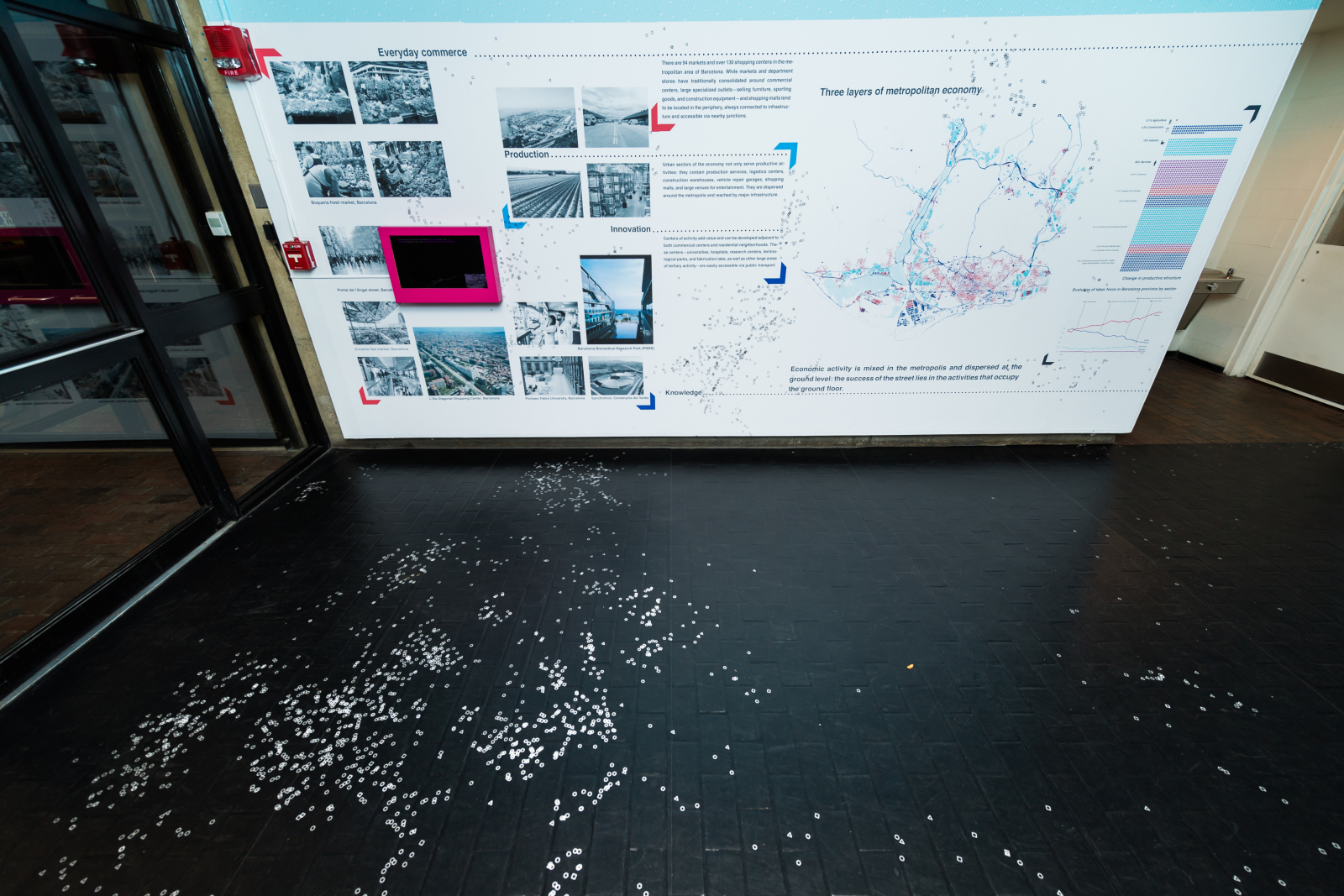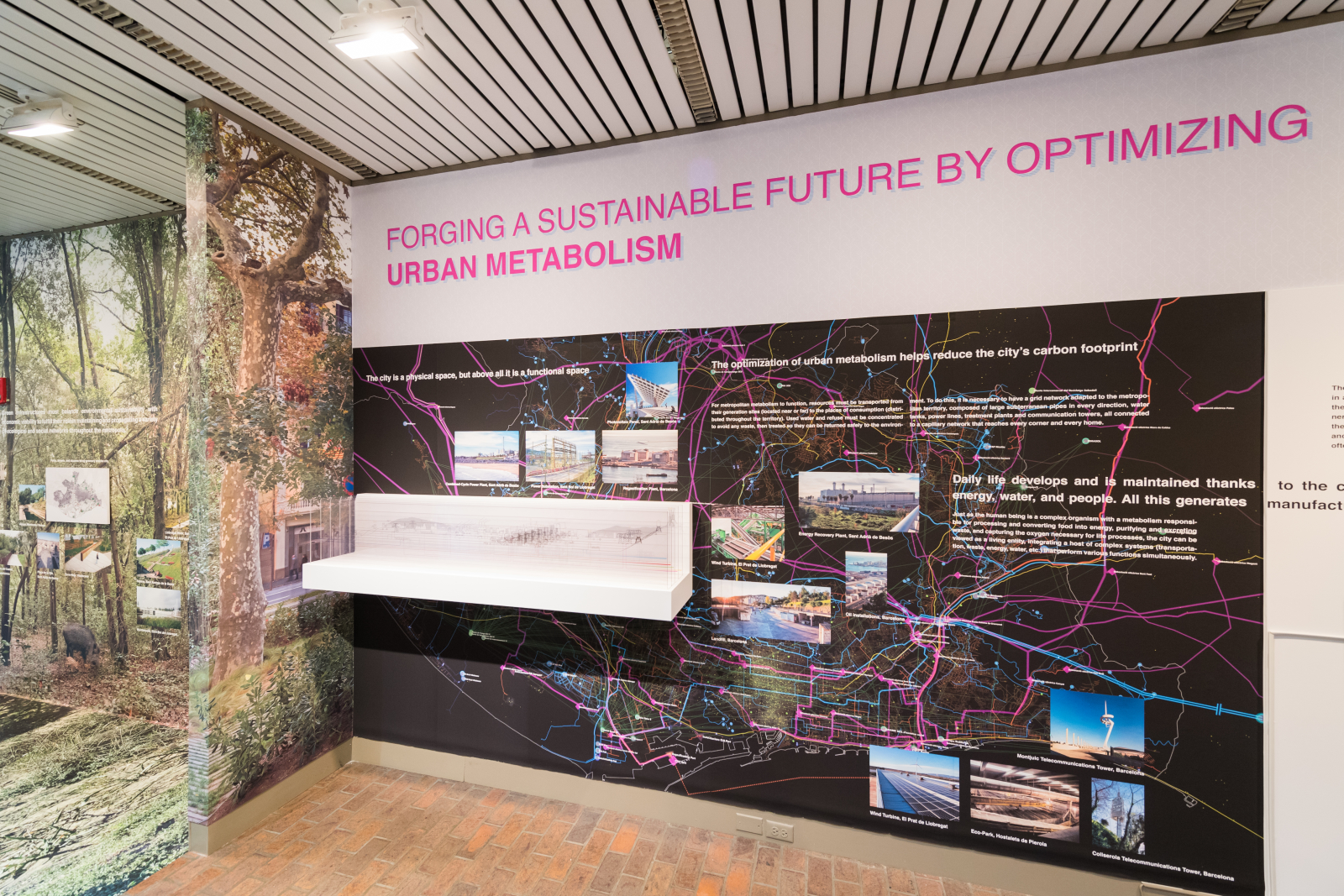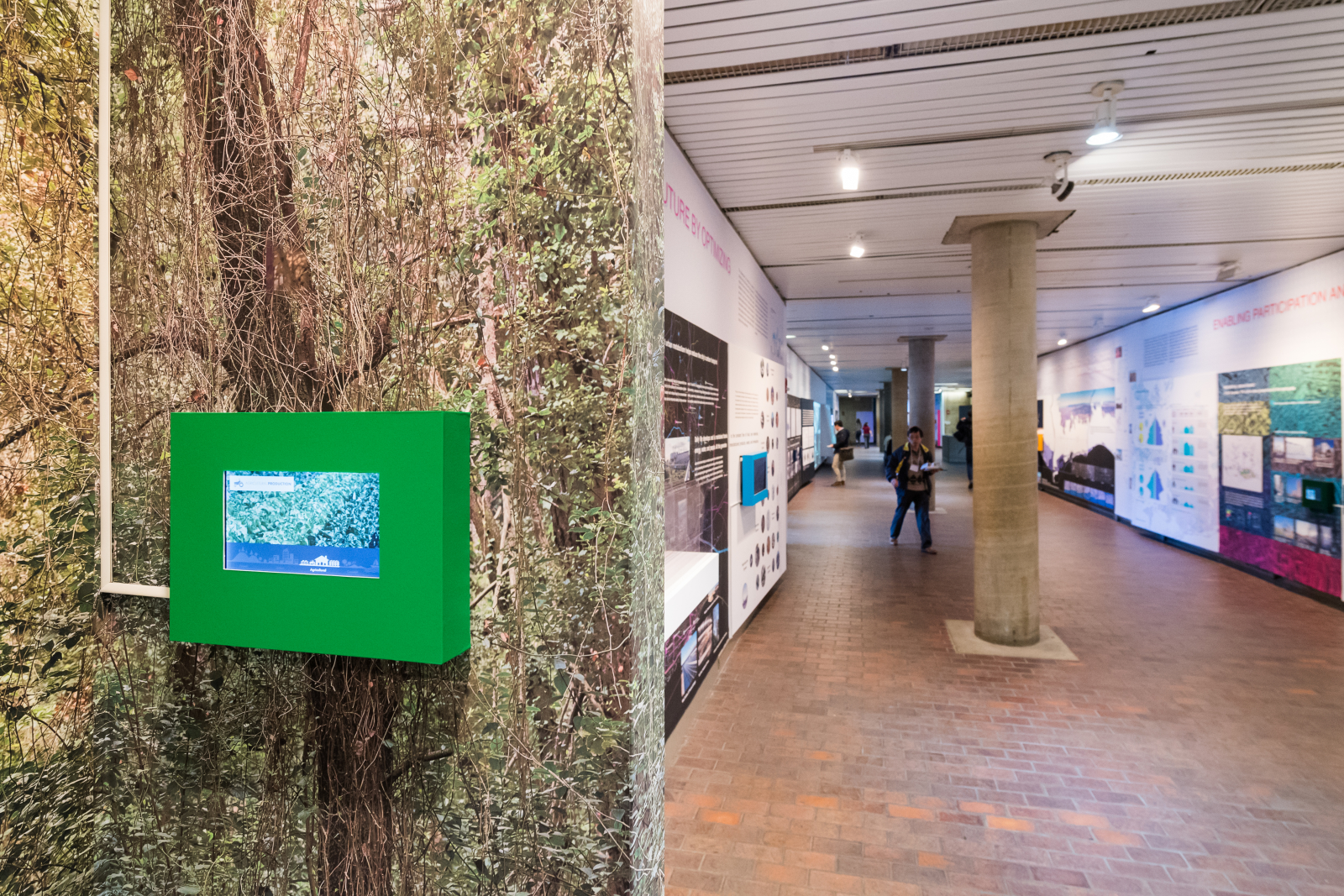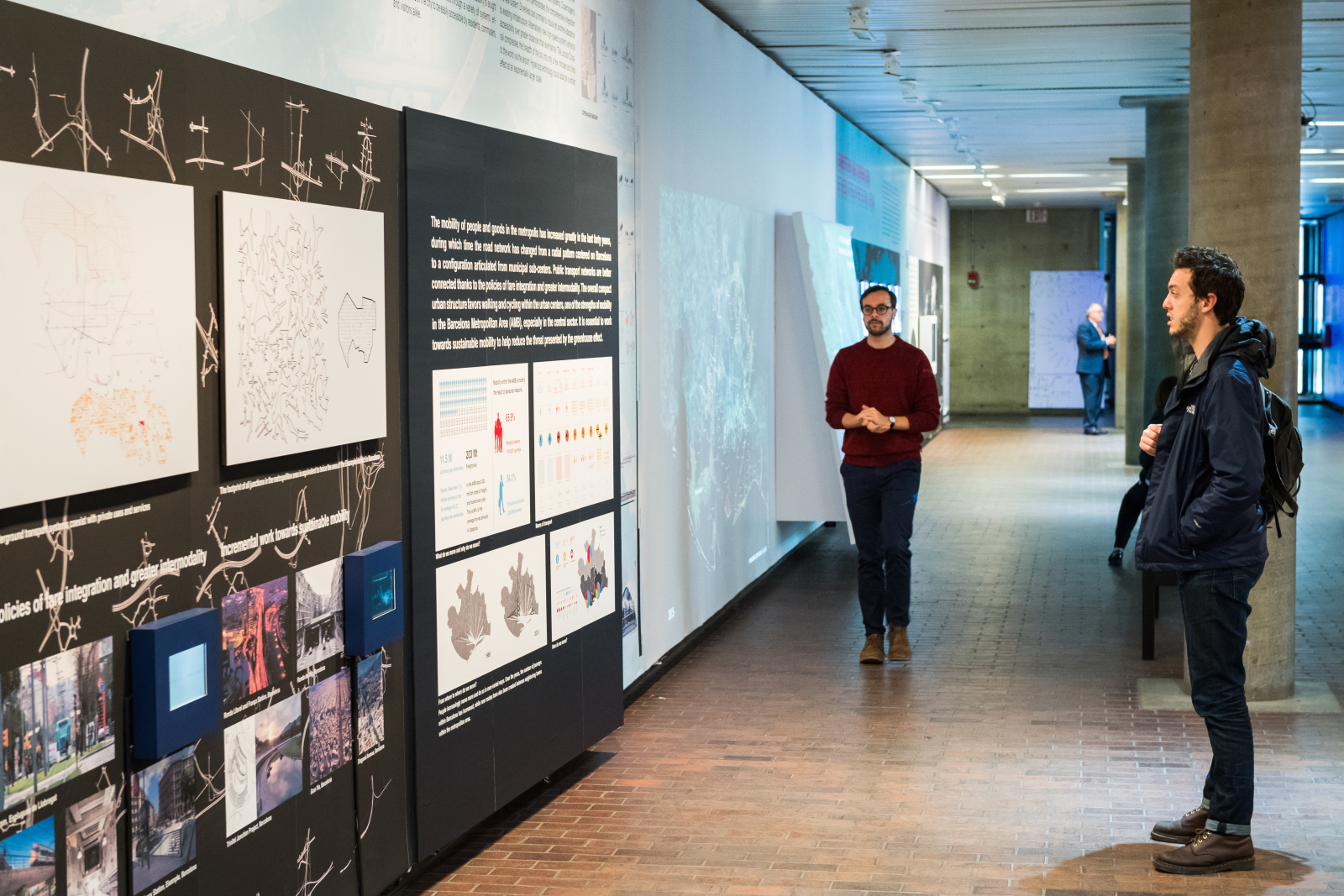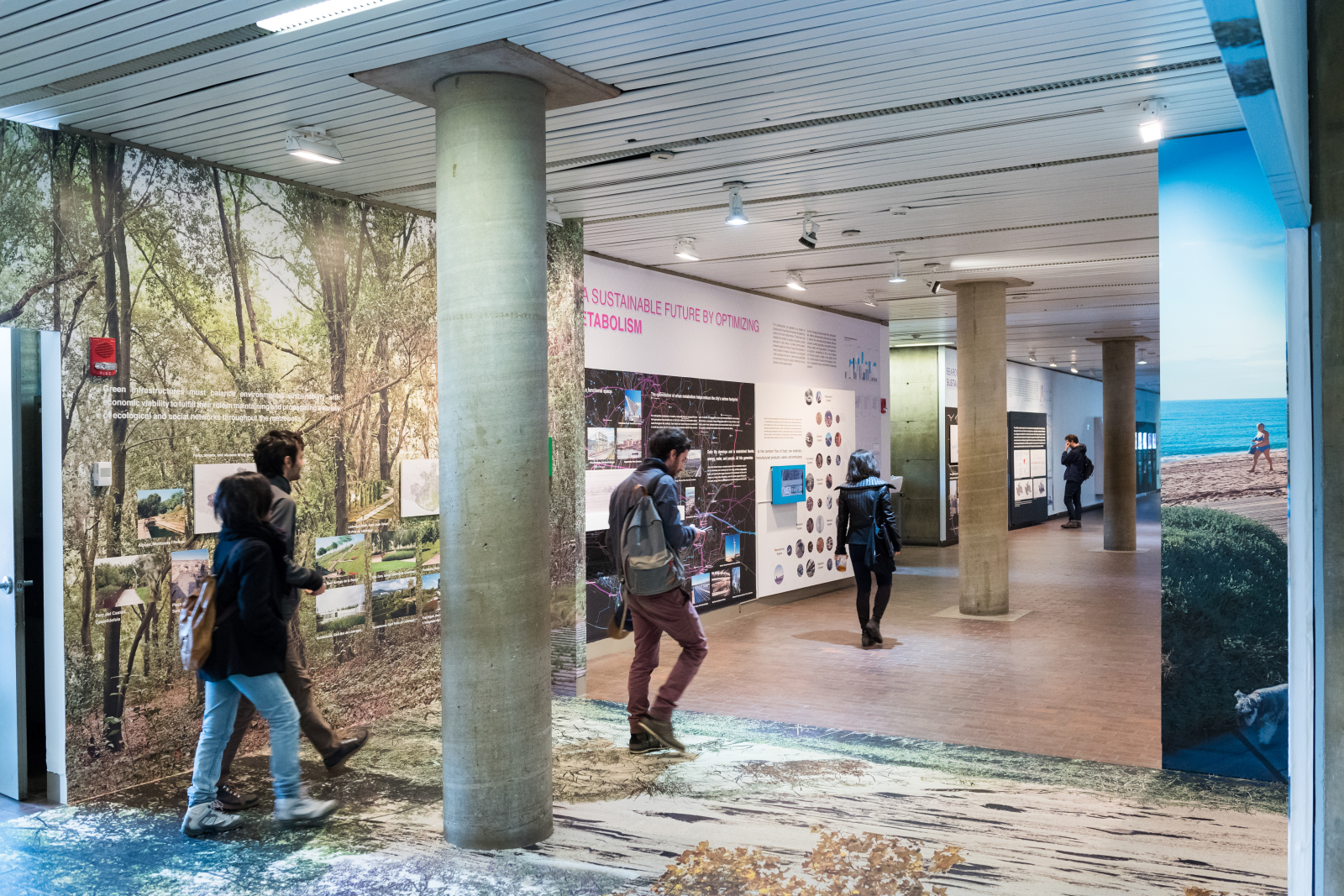New Issues for the Future of the City
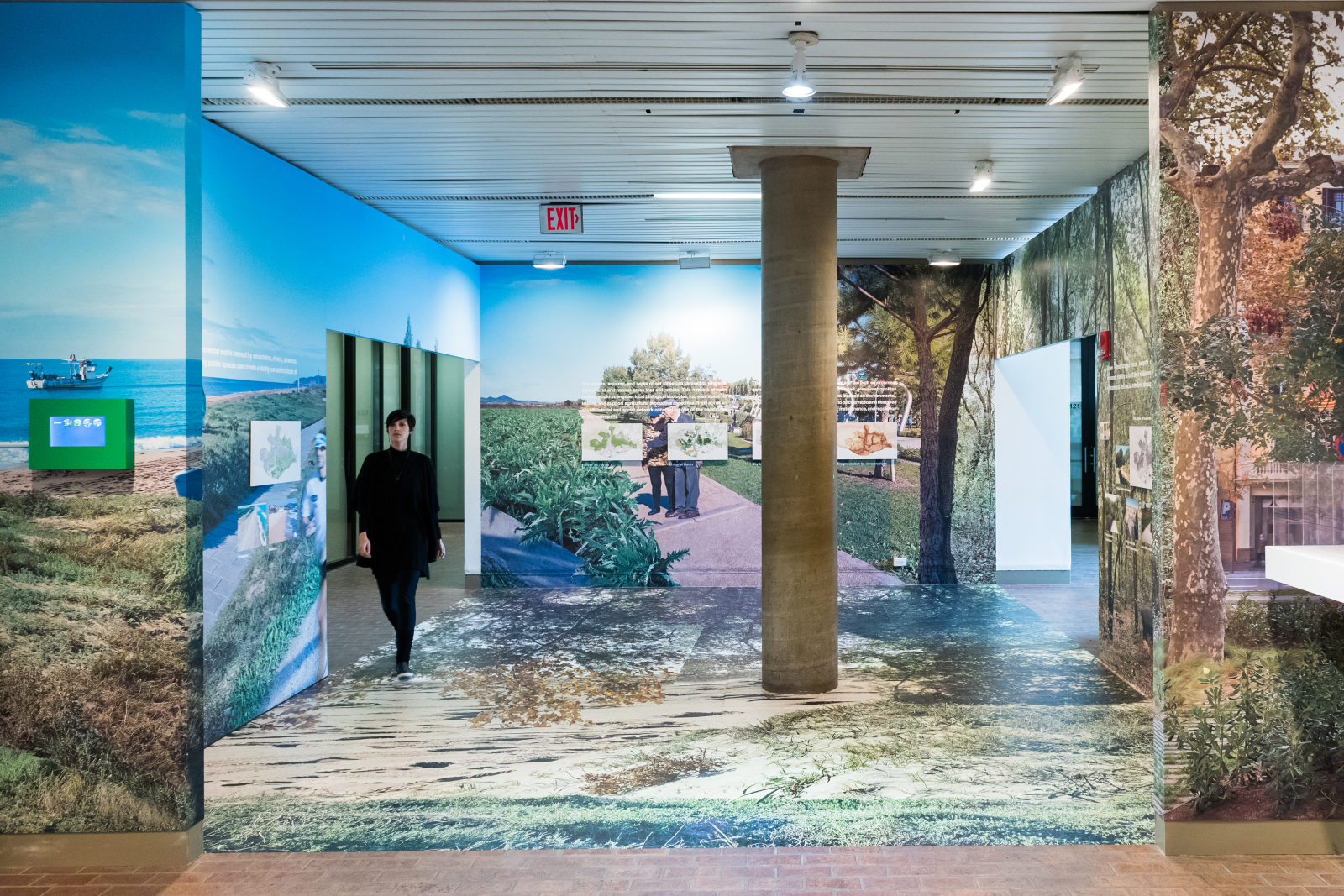
Barcelona, Metropolis of Cities
The Department of Urban Planning and Design is promoting a wide-ranging debate to highlight the extent to which twenty-first-century ecological, economic, and social issues are giving shape to new urban forms. Concerns for the environment, energy, sustainable mobility, and social equity (among others) characterize transformative urban strategies that enable cities to function more efficiently and effectively.
What is the future of the traditional city? What models of economic and urban development have now surpassed the twentieth-century model of extensive infrastructural and residential growth? What urban forms are accommodating emergent economies? What influence do global centers have on the development of new modes of mobility?
The debate draws on the experience of a recent exhibition of the metropolitan territory, organized by Àrea Metropolitana de Barcelona and entitled, Barcelona: Metropolis of Cities. Adapted here as the primary case study among many, it presents a series of critical urban developments since the 1980s that cast new light on current European developments.
Now complimented by the results of the seminar, “New Emerging Urban Issues Today,” organized at the GSD in 2015, this exhibition calls attention to emergent and contrasting disciplinary viewpoints in the global debate about urbanism today.
The exhibit provides examples of urban projects and strategies that engage contemporary challenges from a wide host of cities. By following innovative trends in many different contexts around the world, this project offers an open examination of the logistical, social, and economic considerations that must be made while developing a city.
